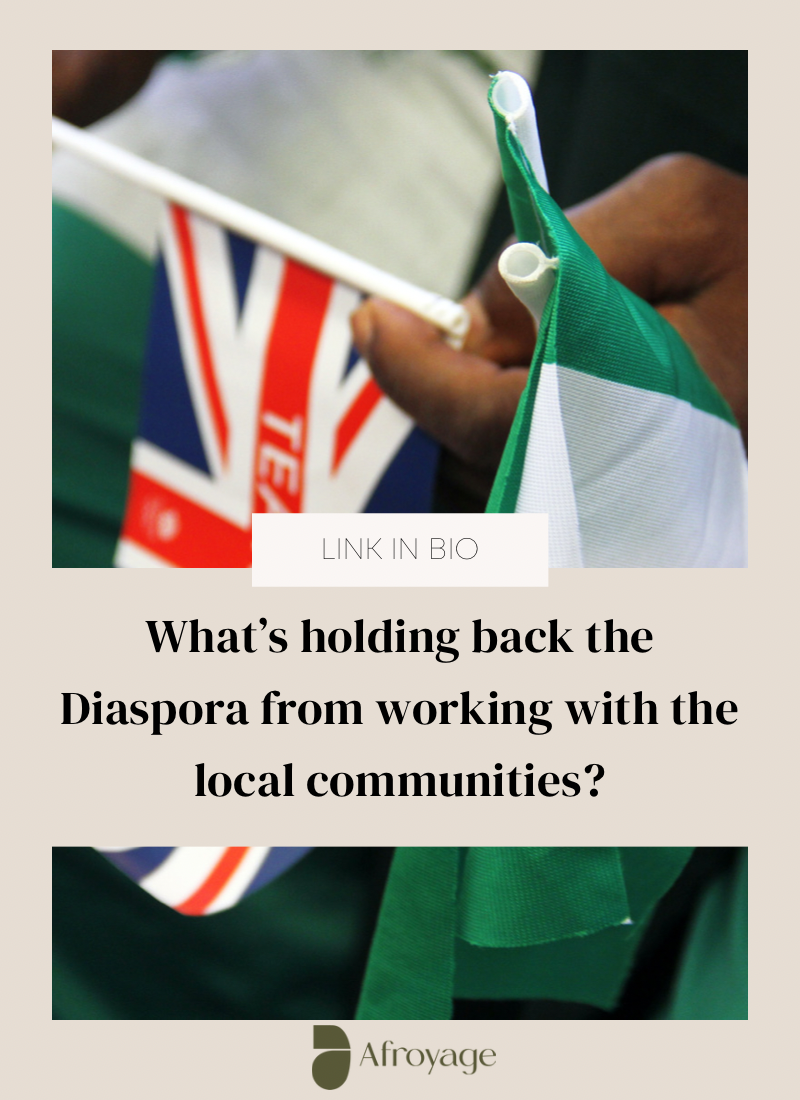Ghana is shrouded in misconceptions and misrepresentation – a handful of which have a kernel of truth in them, making it easier for propaganda to spread. However, we will be deconstructing some of these ideologies, measuring their soundness, and understand how they reflect reality in order to get a fuller, more nuanced understanding and the truth about Ghana.

Safety
Conversations regarding safety and crime point to gaps within a country’s social institutions and governance structures.
Crime in Ghana is just as real as crime elsewhere on the globe, with its own caveats. While Ghana’s Travel Advisory would venture that we take normal precautions in our day-to-day activities, it is advisable to apply more caution along highways and in urban areas.
In certain parts of Bono East and the Northern areas where frequent cultural and civil clashes occur, gang-related crime, assault and robbery come into play and often result in collateral damage and casualties.
Residential areas, shopping centers, and restaurants are generally very safe, but it is always advisable to be mindful of your valuables.
The truth about Corruption in Ghana
Corruption in Ghana is multifaceted and reveals issues regarding the country’s issues with governance.
One area of national administration where it manifests is in housing and construction projects, where several buildings are left uncompleted and in disuse.
Regardless of the housing deficit in more urbanized areas due to high rent costs, the citizens live good, balanced lives. The Ghanaian middle class is also noted to be steadily growing and families can afford feeding, utilities and rent.
Wild Life Everywhere
Although infrastructure in Ghana is not as fanciful as in developed countries, it is certainly not a nation overrun by wildlife where the citizens play among wild animals all day long.
Before Ghana’s independence in 1957, we had a history of architectural achievement and prowess, having developed our own city layouts and documentation, transportation routes and sewage systems.
Those feats and the knowledge that facilitated them have been growing till date, and you can enjoy them during your visits.
Loan Hungry Countries in Africa
Ghana’s debt crisis worsened around the 1980s. Our commodity dependent economy was being siphoned abroad by former colonies, taking gold, cocoa and oil which made up over 80% of local exports.
Commodity prices, however, began to fall in the global market and Ghana had, at the time, not diversified its economy beyond raw material exports.
This situation, coupled with the difference in value of foreign currencies made loan repayments to the IMF and World Bank near impossible. Bear in mind that the interest on these loans were accruing as well.
A side effect of the current cedi value depreciation and rising debt, is an increase in Ghana’s taxes in order to pay off the loans – and cutbacks in government spending.
This places most of the loan burden on Ghanaians and less on exploitative lenders, resulting in a wider gap between the rich and poor, with worsening poverty.
Employment
Ghana has a high unemployment rate due to a lack of space in private organizations and government institutions to hire young talent.
Jobs are condensed in urban areas such as Accra, Kumasi and Takoradi, leading to high competition. Level of education, social background, company culture, nepotism and corporate bureaucracy plays a role in how people are hired.
While employment is its own large scale issue, there are still opportunities for work in a more entrepreneurial sense.
The work force is steadily growing and while hiring may be slower, people definitely have a chance to join companies and develop skills while earning their wages.
Child Labor
The reality in Ghana is that children are raised with a certain set of expectations to follow.
That includes doing house chores and learning to take care of the home.
Some homes and cultures normalize domestic abuse and do not value the need for leisure and balance.
That is a separate issue from raising young children to grow in responsible adults who can take care of themselves and others.
It is important to equip the youth with skills they need to take care of themselves and educate them about the way the world works, to prepare them for the future.
Conclusion
We hope this article has helped you understand Ghana in a broader context. While every country has its problems, none are solely defined by them.
Educating ourselves about the origins and nature of existing systems and structures can empower us to unify with solutions that can change the way we live, and how our lives are organized.
Thank you for reading.





Leave a Reply
You must be logged in to post a comment.